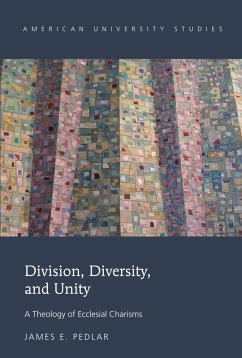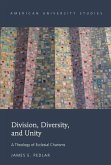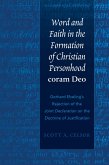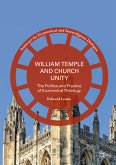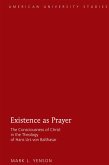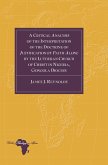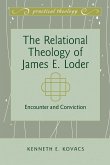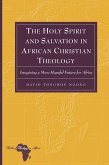Division, Diversity, and Unity argues that the theology of ecclesial charisms can account for legitimately diverse specialized vocational movements in the Church but cannot account for a legitimate diversity of separated churches. Pedlar tests and develops his constructive proposal against the fascinating and conflicted histories of two evangelistic movements: the Paulist Fathers and The Salvation Army. While the proposed theology of ecclesial charisms stakes out a legitimate and important place in the Church for specialized movements, it excludes any attempt to justify the permanent separation of an ecclesial body on the basis of an appeal to an ecclesial charism.
Dieser Download kann aus rechtlichen Gründen nur mit Rechnungsadresse in A, B, BG, CY, CZ, D, DK, EW, E, FIN, F, GR, HR, H, IRL, I, LT, L, LR, M, NL, PL, P, R, S, SLO, SK ausgeliefert werden.
(Ephraim Radner, Professor of Historical Theology, Wycliffe College, University of Toronto)
«James E. Pedlar's Division, Diversity, and Unity synthesizes resources from biblical studies, ecumenism, theologies of charism, especially as developed among Catholic religious orders since Vatican II, and sociology into a creative and fresh constructive theology of ecclesial charisms. The Salvation Army and the Paulist Fathers offer Pedlar two very disparate and intriguing historical test cases. His argument that a theology of ecclesial charisms supports specialized vocational movements within the church but not separate churches is sure to provoke ecumenical discussion and help revive hopes for the ecumenical goal of visible, organic Christian unity.»
(William L. Portier, Mary Ann Spearin Chair of Catholic Theology, University of Dayton)

